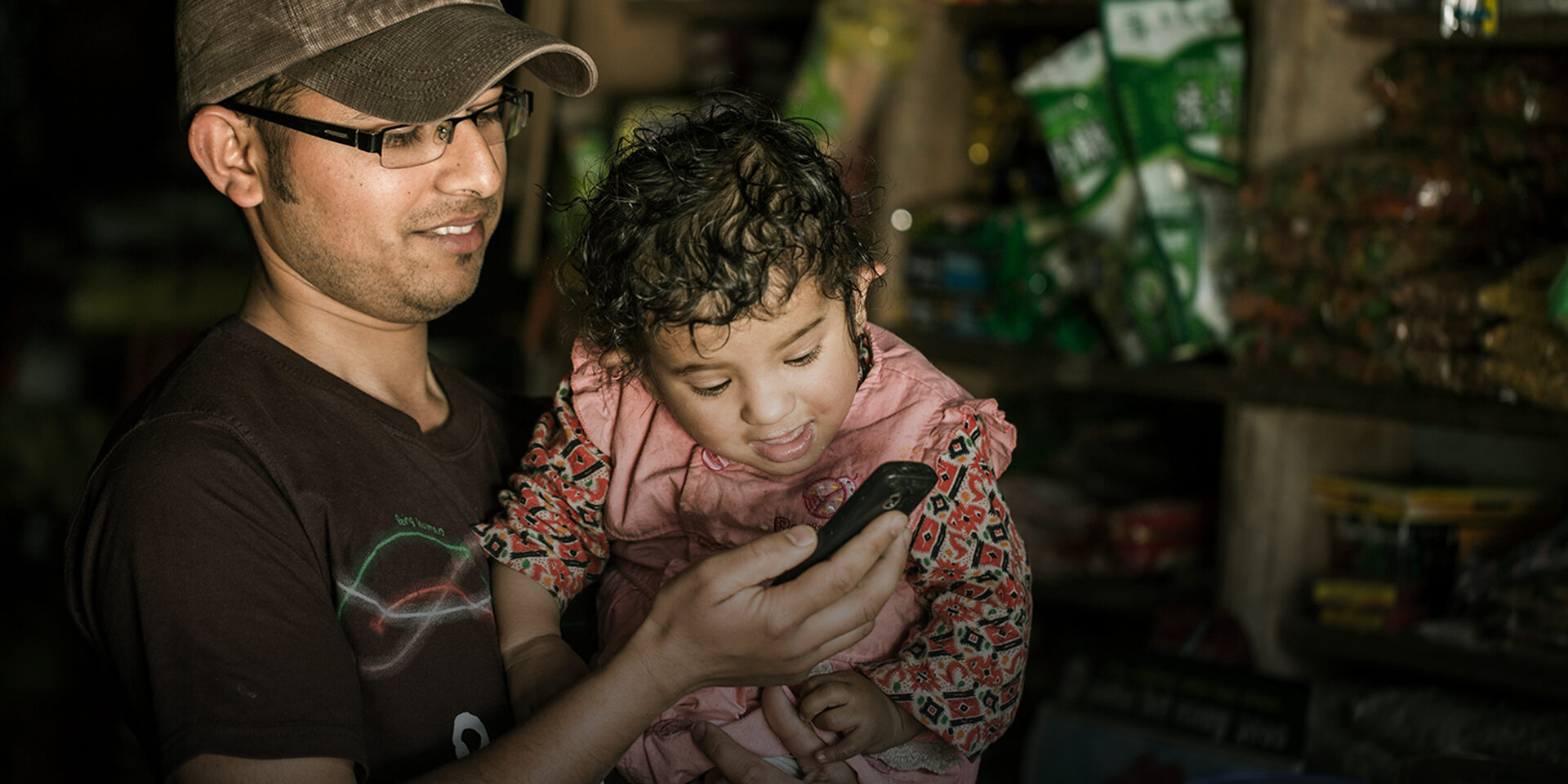
Best of the Blog 2020
January 4, 2021 | 2 Minute ReadWhile the global response to the COVID-19 pandemic demanded much of our attention this year, so did private sector engagement and ensuring more inclusivity in our work. Check out the ideas, innovations, and perspectives that garnered the most views on our blog in 2020.
Check out our countdown of the 10 most popular* blog posts from 2020!
10. The Case for Practical Techniques for Inclusive Classrooms
By Audrey Spencer
Audrey Spencer explains why disability identification and policy reform alone can leave teachers and students waiting and calls for more immediate, practical techniques to create inclusive classrooms.
9. Voices from Our Projects: Critical Skills for Private Sector Engagement
By Julian Guelig, Frenki Kozeli, Jessica Soto, Gabriela Posada, and Oscar Jacob
Experts from our projects across Latin America offer tips and insights about critical skills needed for effective private sector engagement.
8. How to Fail to Succeed
By Michael Brown
How can we improve development efforts in environmental and natural resources and other sectors by more intentionally sharing and learning from our failures? Michael Brown explores the importance of creating a culture of reflecting on failures to address urgent conservation needs.
7. 3 Questions with Victoria Cooper: Ebola, COVID-19, and Global Development
By Victoria Cooper
What can the global development community learn from Ebola and apply to the COVID-19 pandemic?
6. Achieving Data Visibility for Health Supply Chain Information Systems
By Swaroop Jayaprakash and Jean Miller
As global health supply chains expand and become more complex, the information systems that are used to manage them need to mature along with them. USAID’s Supply Chain Information System Maturity Model helps countries evaluate their supply chain systems’ capabilities holistically, enabling informed decision-making and timely delivery of health commodities.
5. Moving Past the Discussion Table: 3 Methods for Operationalizing Private Sector Partnerships
By Julian Guelig, Dany Khy, and Frenki Kozeli
You have the private sector partner at the table, but what happens next? Frenki Kozeli, Julian Guelig, and Dany Khy share three approaches to forming private sector engagement partnerships that can be replicated and tailored across development contexts.
4. Preventing Culture from Eating Your Strategy
By Alexandra Brewis-Slade, Peggy Ochandarena, and Roseanne Schuster
Cultural norms can thwart the most technically sound development strategies. How can the cultural consensus model, developed by anthropologists, help to ensure that culture strengthens rather than weakens a strategy’s effectiveness?
3. 2020 Vision: Three Development Trends of the New Decade
By Estefania McPhaul and Julian Guelig
The development community needs $2.5 trillion in additional finance each year to achieve the Sustainable Development Goals by 2030. Estefania McPhaul and Julian Guelig explore three global development trends we’ll see in 2020 to meet this need and to navigate the changing development landscape.
2. 3 Questions on Designing an Emergency Intervention in Lebanon During COVID-19 with Bilal Al Ayoubi
By Bilal Al Ayoubi
In the wake of the tragic explosion in Beirut, Lebanon, the USAID Community Support Program launched an emergency response community cleanup in a major blast zone — during COVID-19. Bilal Al Ayoubi shares how the project team is navigating this unfathomable challenge.
1. Creativity and Innovation During a Global Crisis
By Jamey Butcher
Creativity and innovation are critical for the global community to fight the impacts of COVID-19. Chemonics’ president and CEO Jamey Butcher explores lessons for navigating this unprecedented challenge.
*Results are based on the total number of unique page views the post had received within 30 days of publishing.
Banner photo caption: A Nepalese shop owner and his child look at his phone, which he uses to run his small business.
Posts on the blog represent the views of the authors and do not necessarily represent the views of Chemonics.
